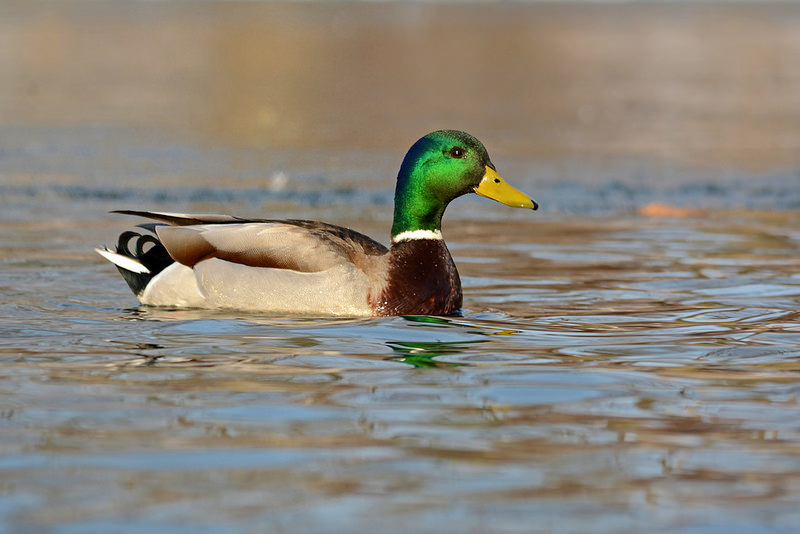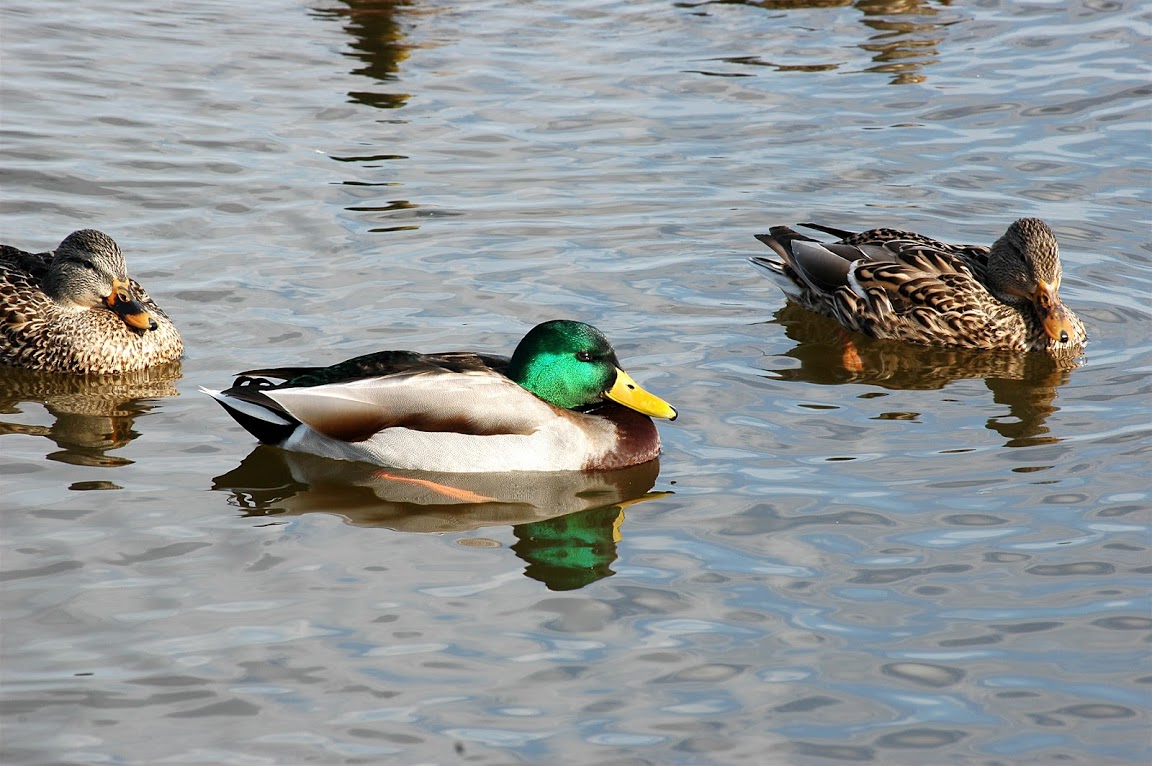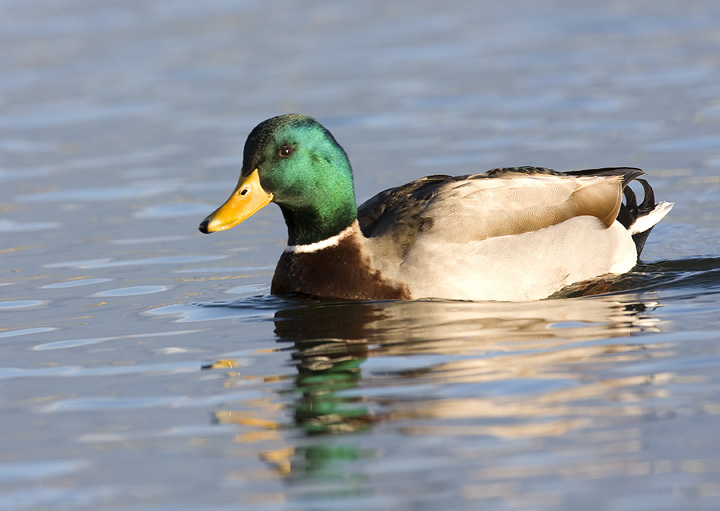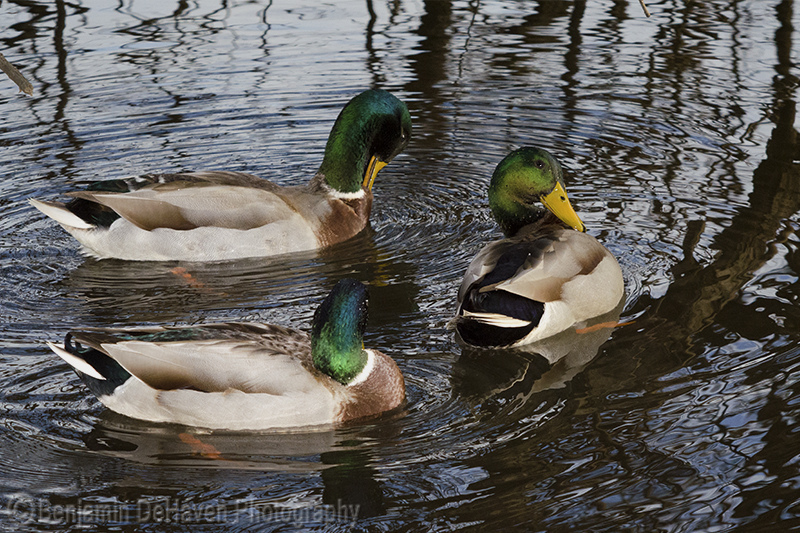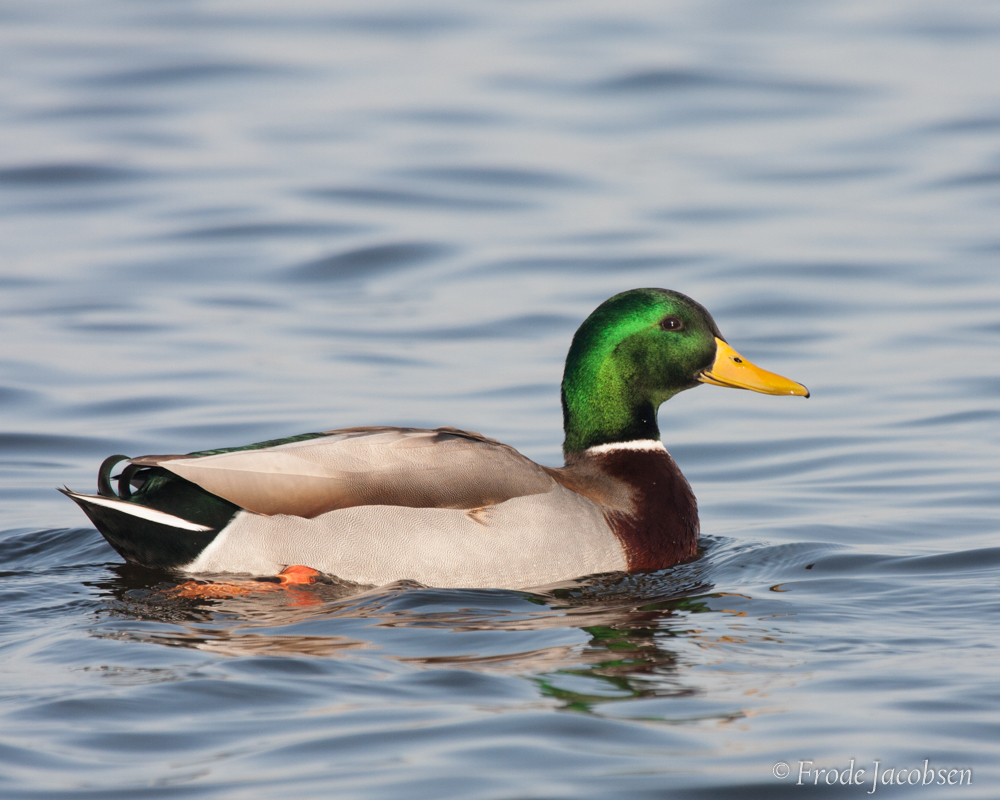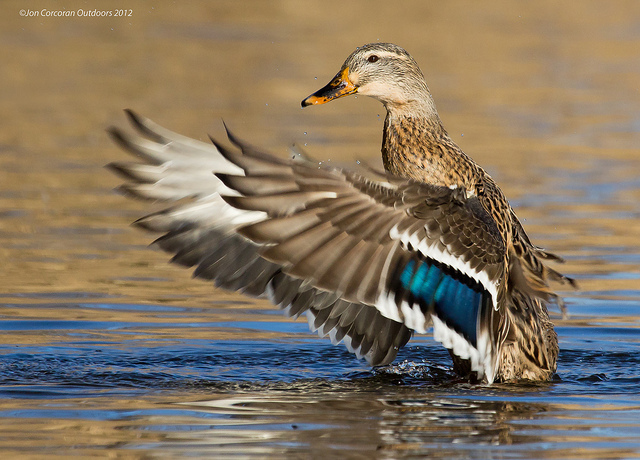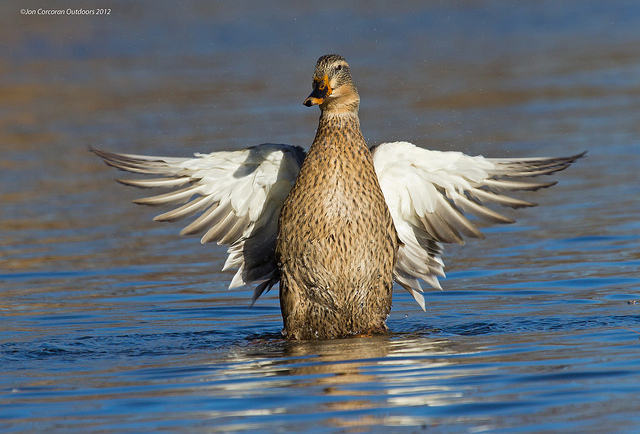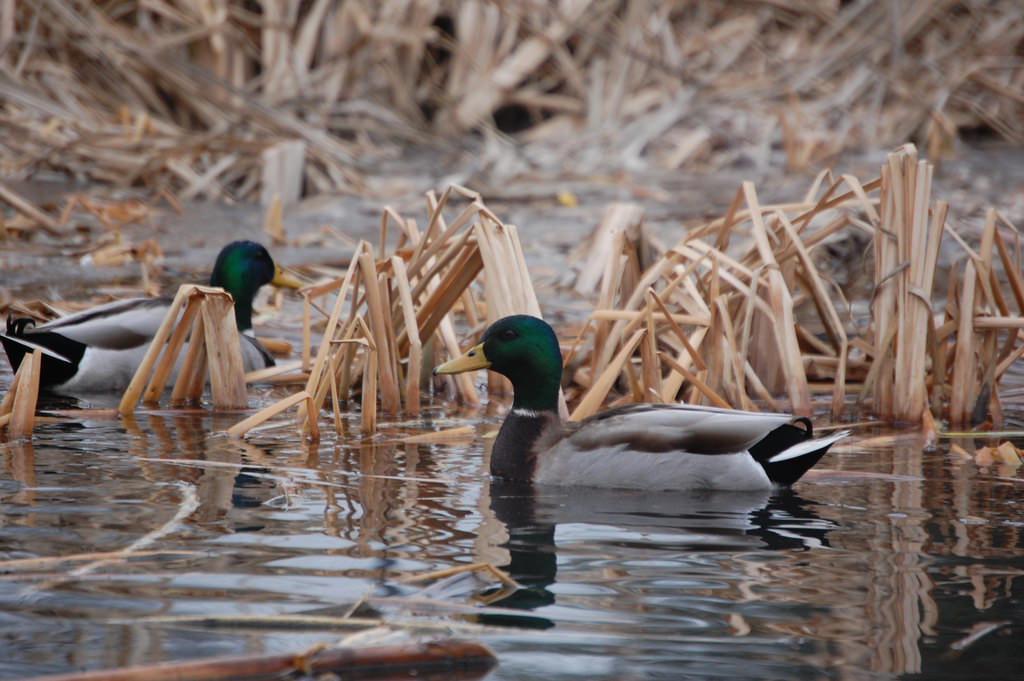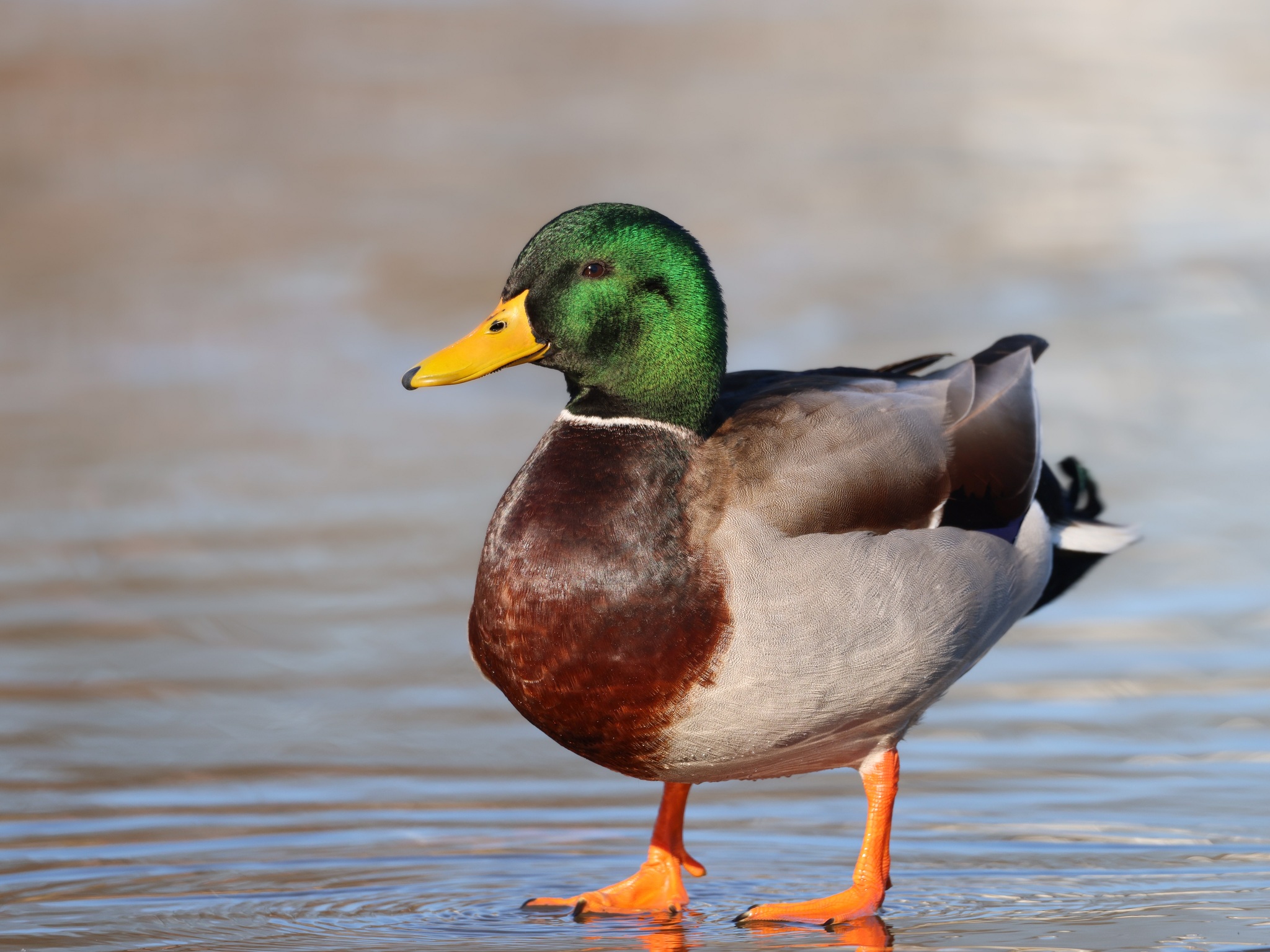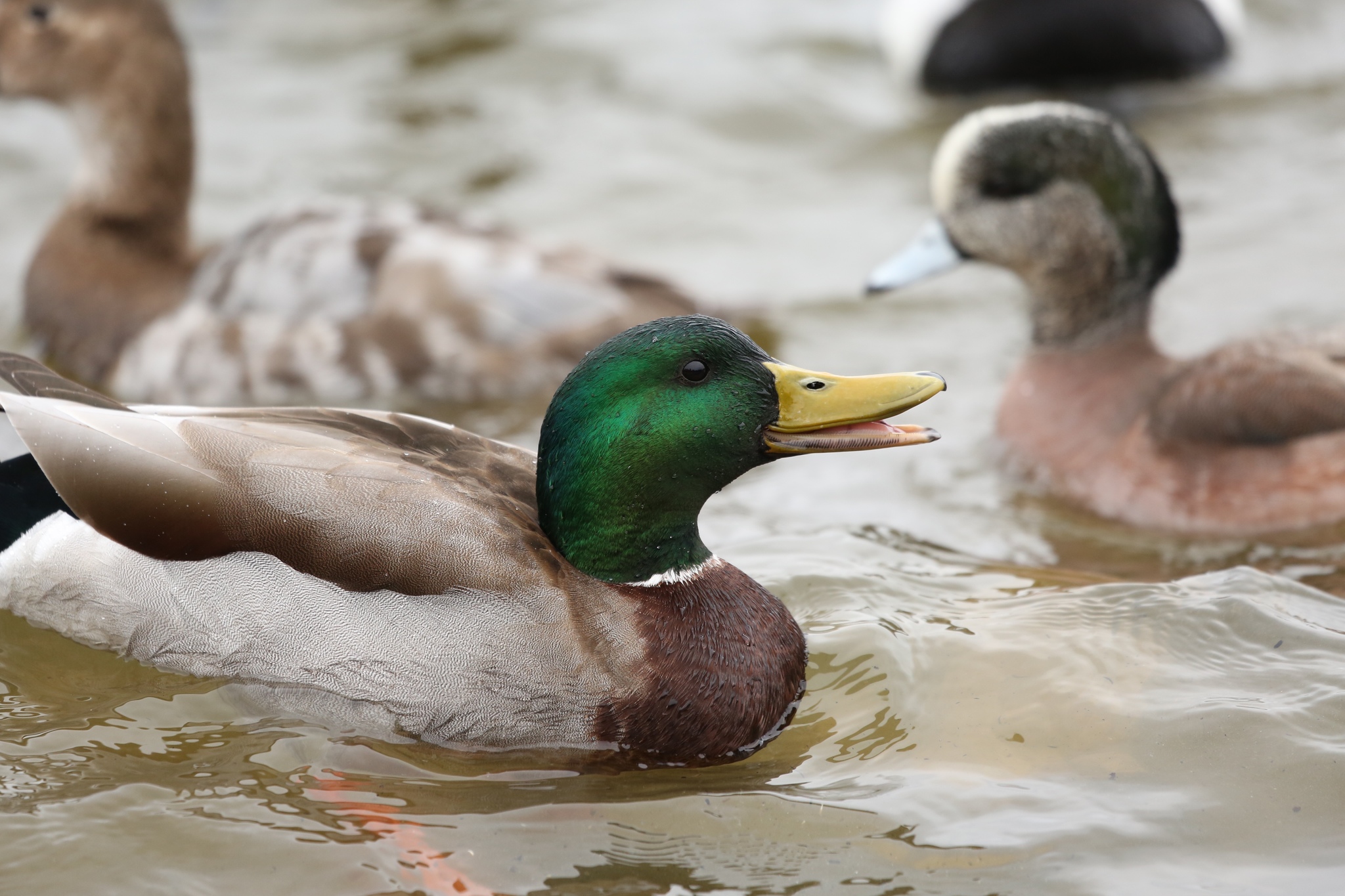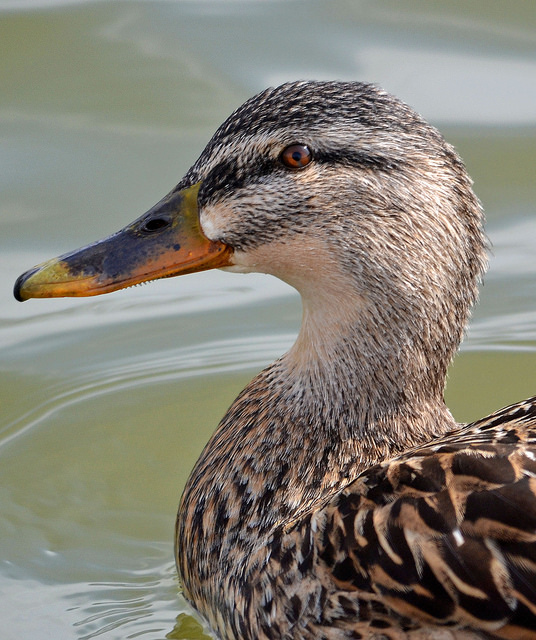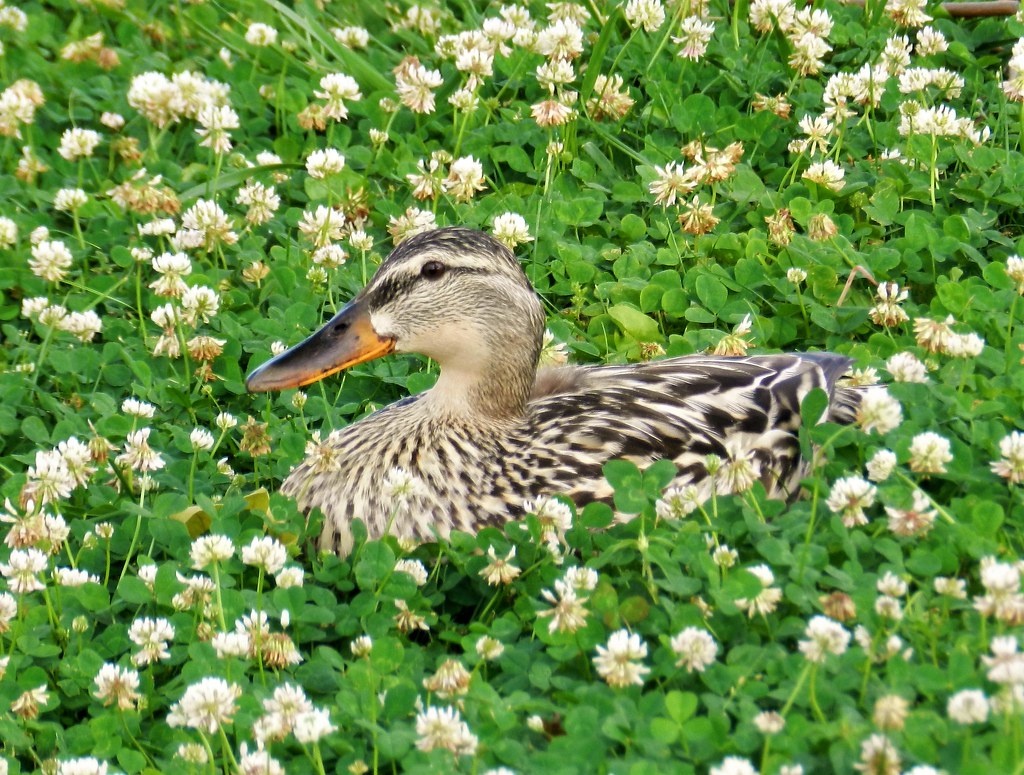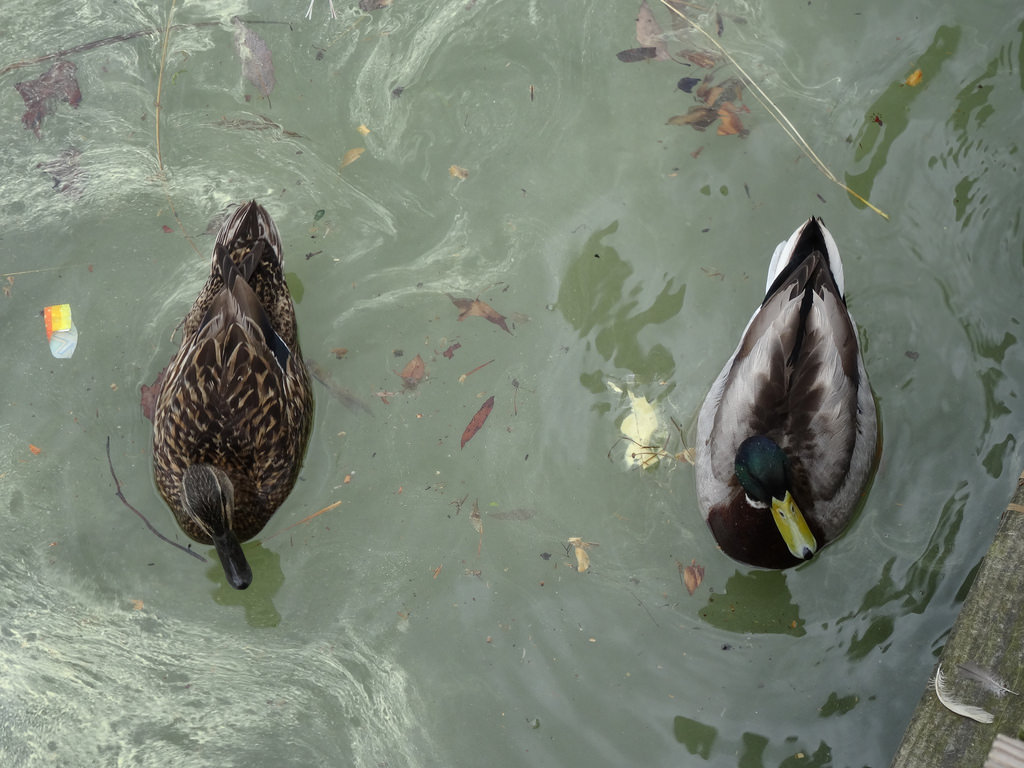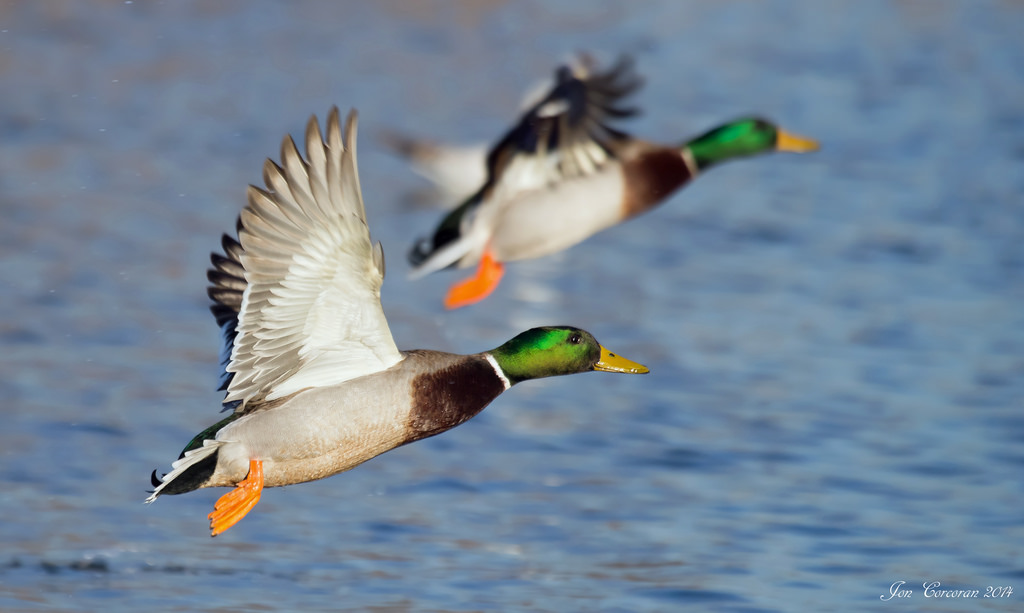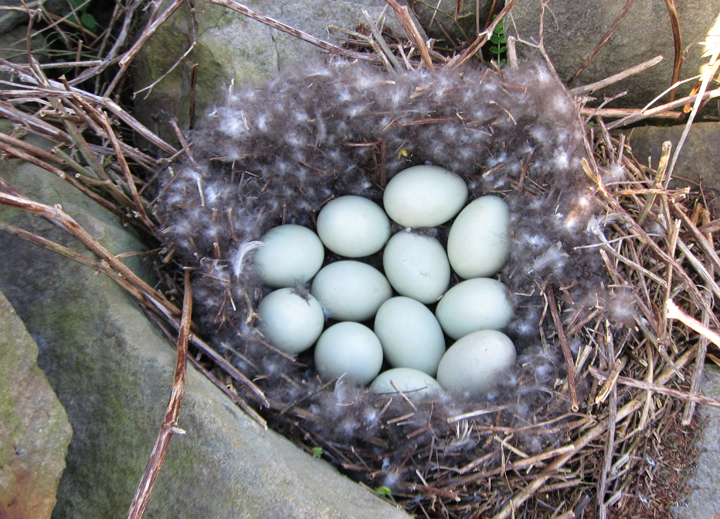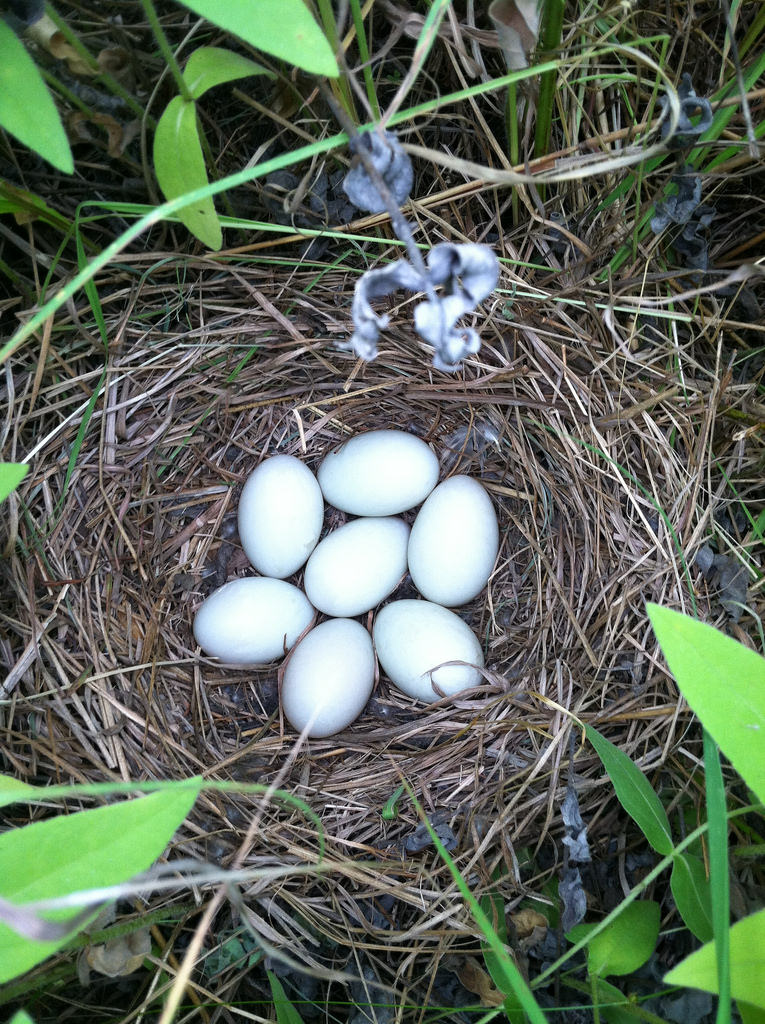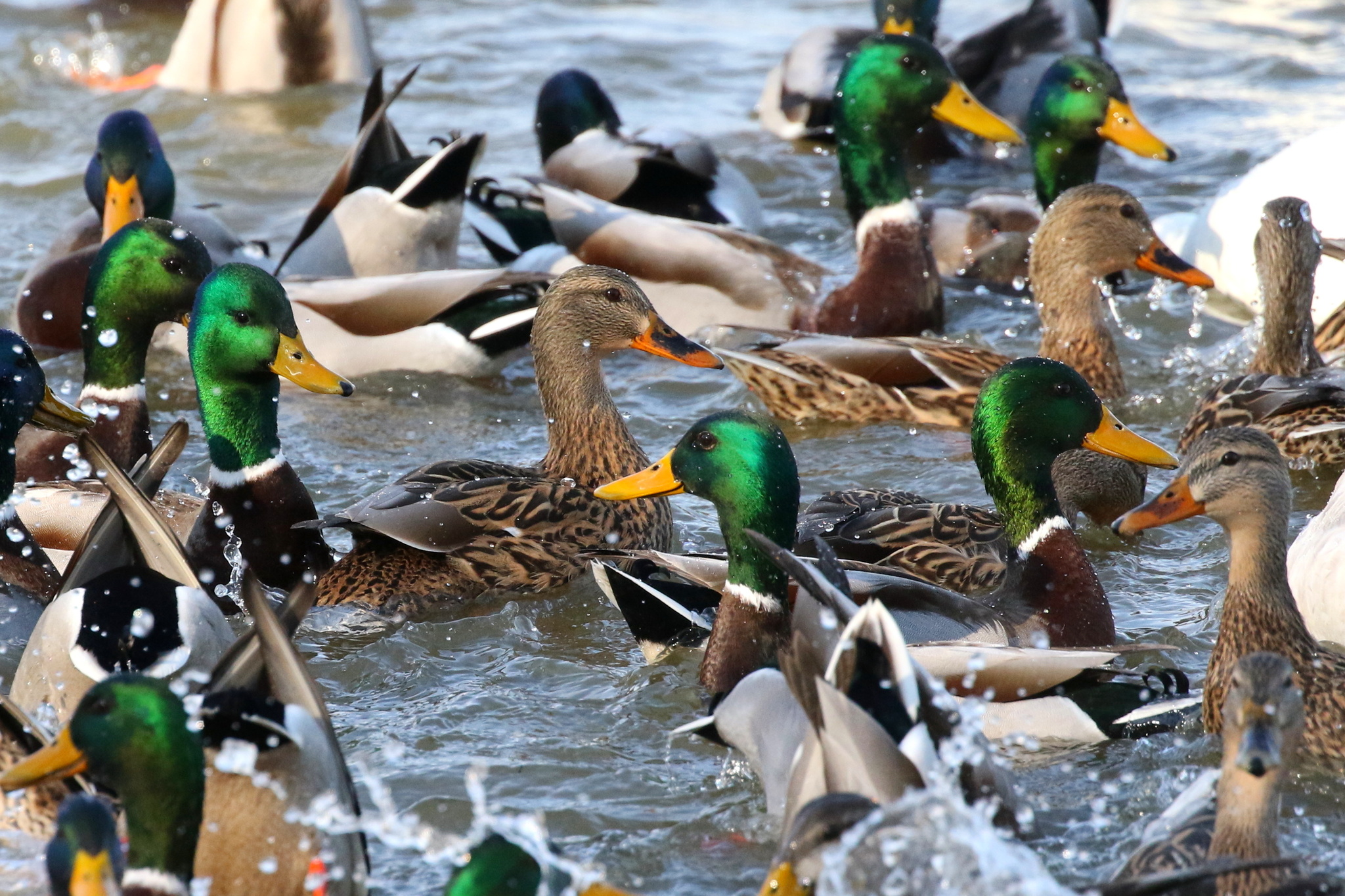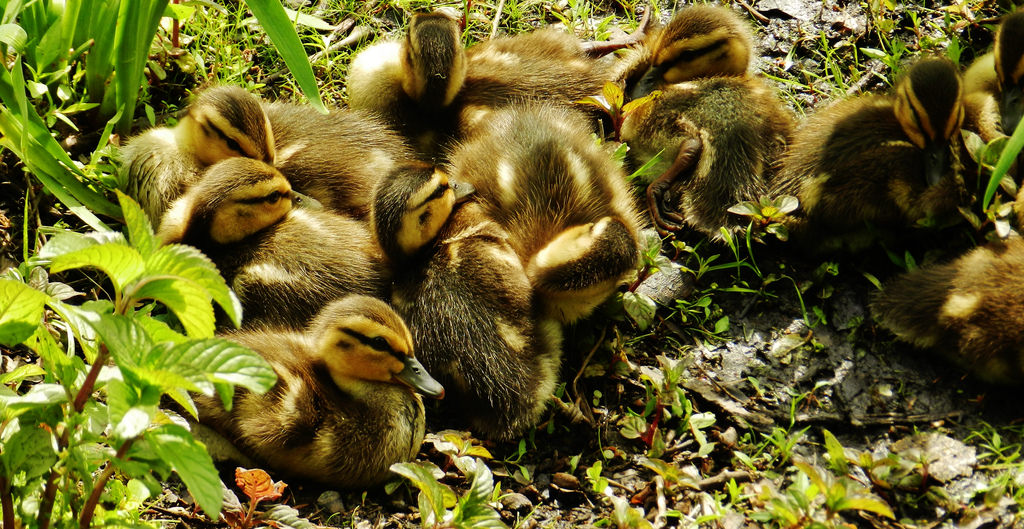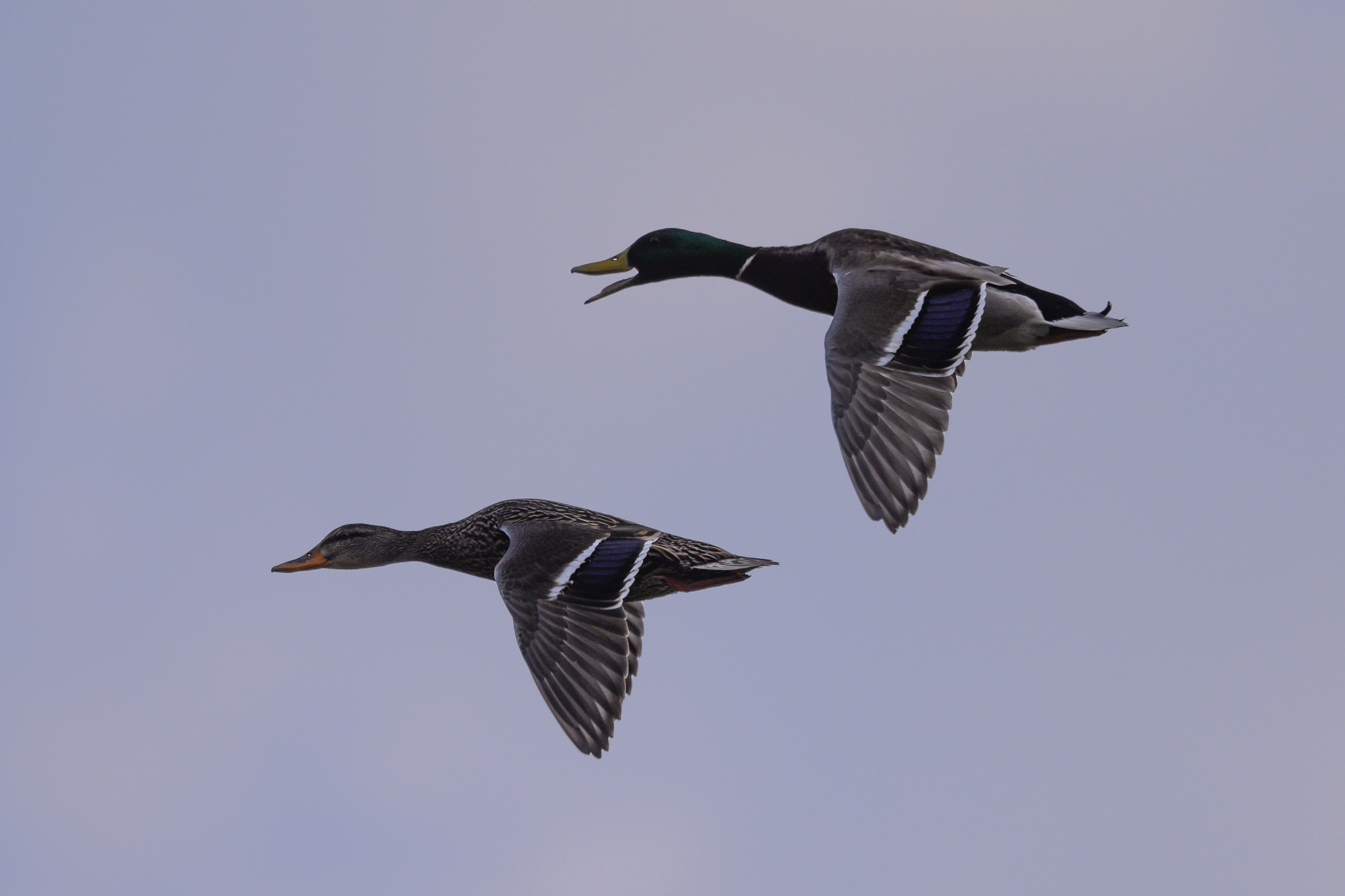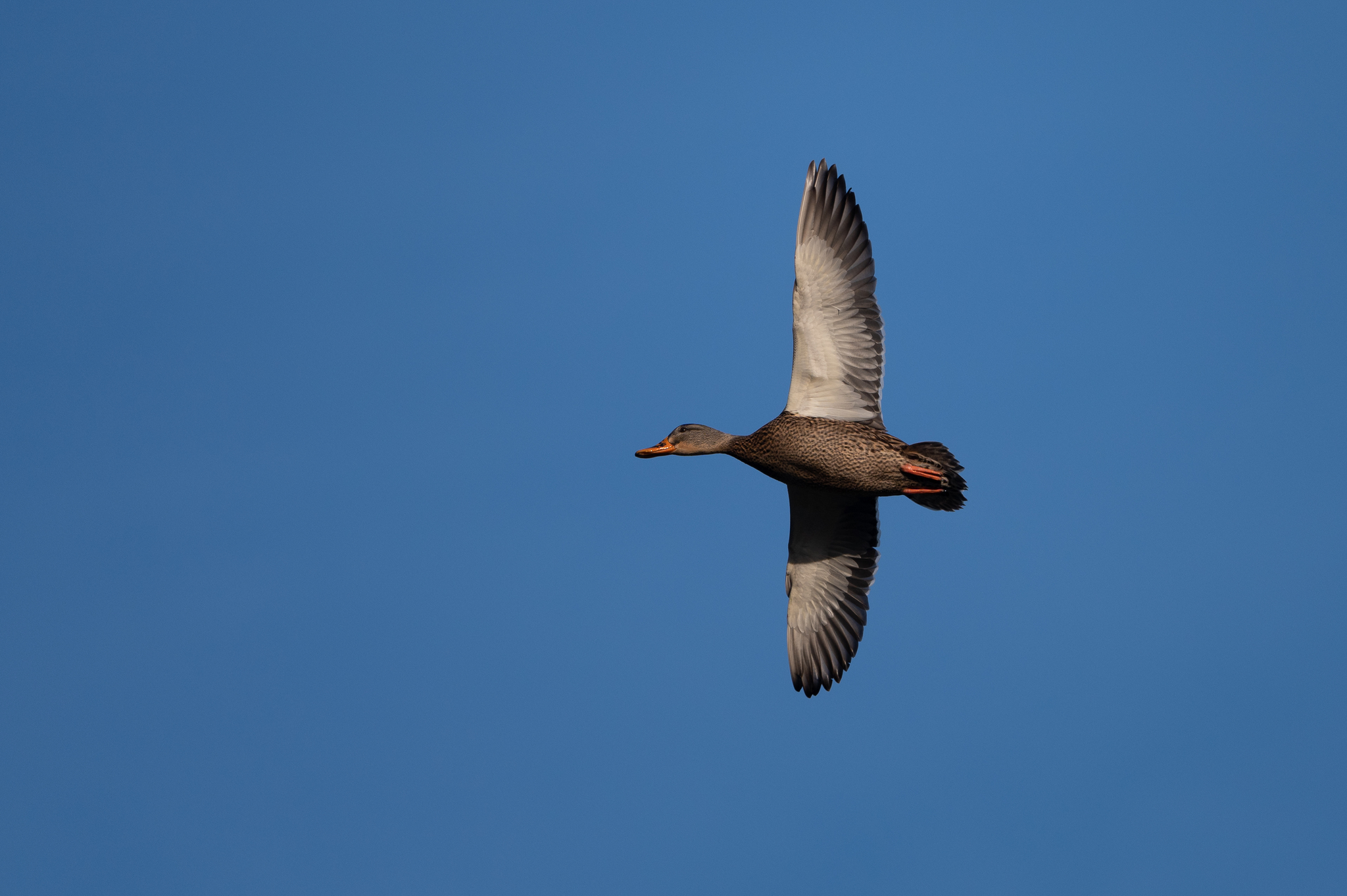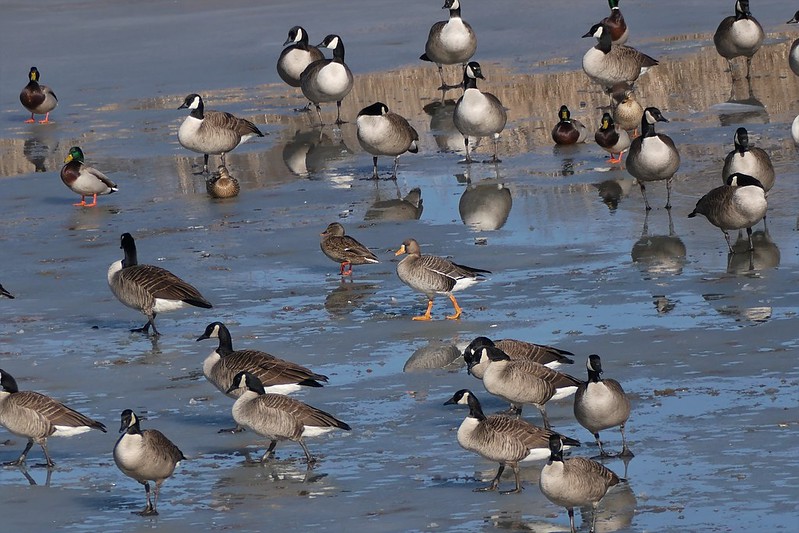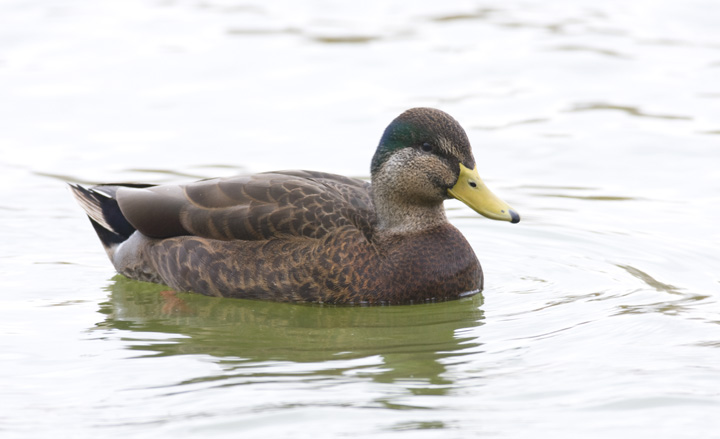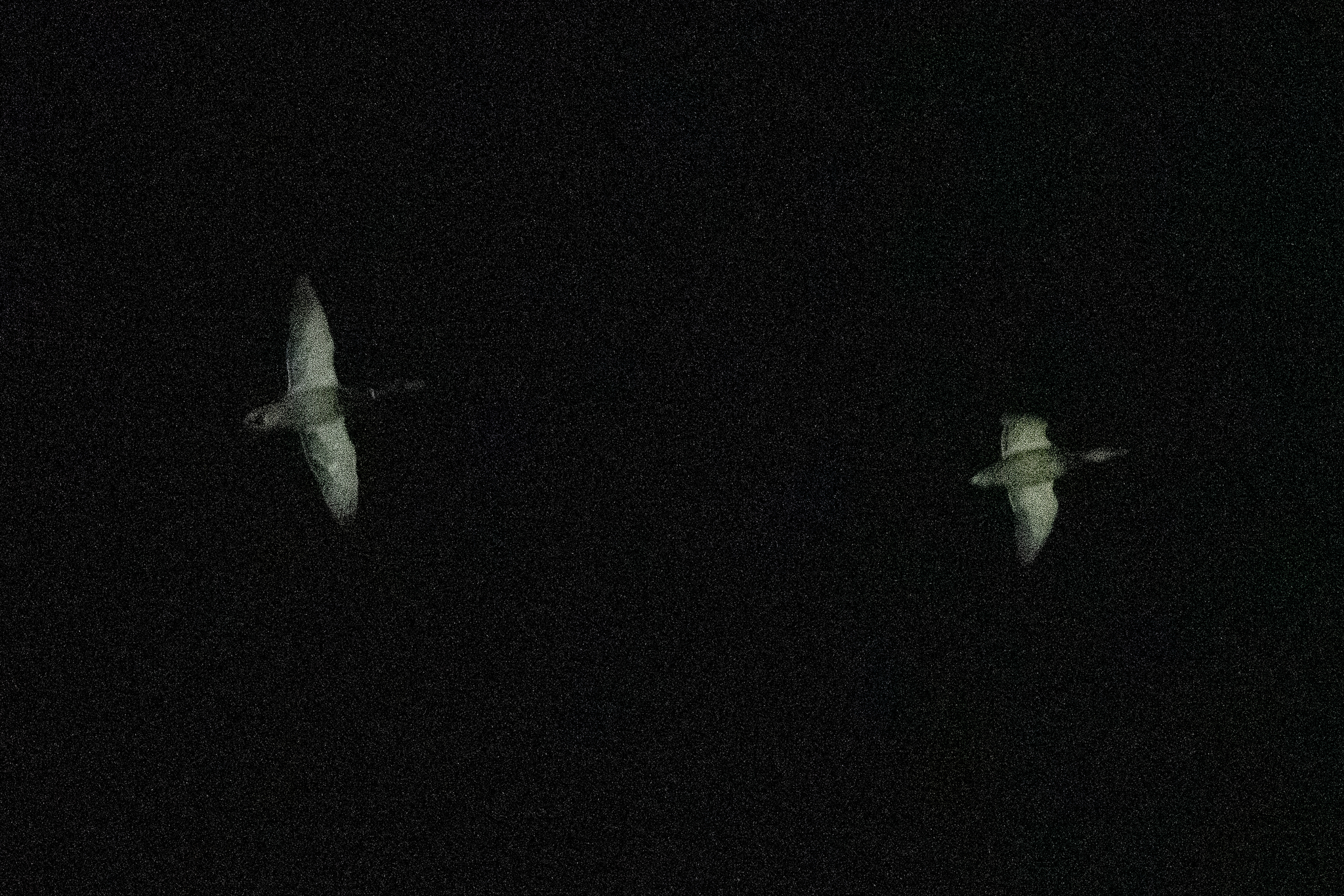

 Synonyms: Green-headed Mallard, Greenhead, MALL.
Synonyms: Green-headed Mallard, Greenhead, MALL.























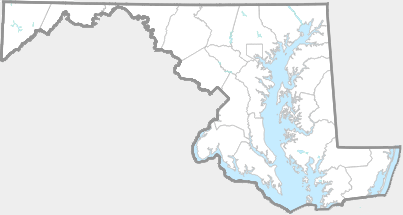
Mallards are very common ducks and are usually dismissed by birders in search of more unusual species. But because they are so numerous and widespread, Mallards have an unusually large effect on plant seed dispersal in wetlands, according to recent research done in Europe. Mallards forage at night, flying from one wetland patch to another, in search of seeds, stems, and roots. At daybreak, they return to a communal roost where they excrete what remains of their night-time meals. Kleyheeg, et al. (2017) found that the role of Mallards in moving seeds from one wetland patch to another is important in preventing isolated wetland fragments from local extinction of plants that might otherwise be vulnerable to loss.
There are 2,825 records in the project database.
| GA | AL | WA | FR | CL | MO | HO | BA | BC | HA | CE | PG | AA | CV | CH | SM | KE | QA | CN | TA | DO | WI | SO | WO |
